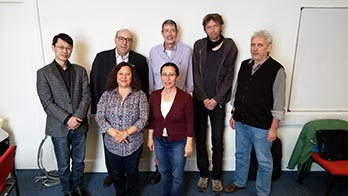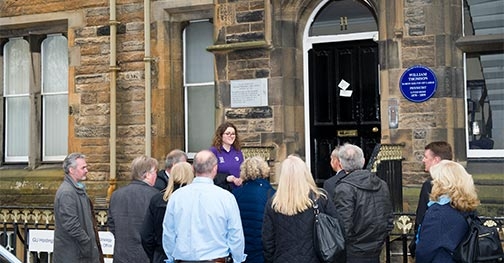Work-based and work-related learning in higher education for adult learners is seen as crucial to address labour market skills gaps predicted in European policy documents. It is also relevant to debates on work-related learning and upskilling that were identified in the Leitch Report produced in the UK.
The LETAE project funded by the EU under its Lifelong Learning Programme is concerned to identify good practice in partnerships and collaborations between enterprises, work organisations and employer groups and higher education institutions. It builds on the THEMP (Tertiary Higher Education for Mid-life People) project which concentrated on pedagogical issues related to adult learners in higher education; while in LETAE we are more interested in the work-based/-related elements of such programmes with a focus on partnerships and collaborations.

The project is a multi-partner, multi case study funded under the EU Erasmus Multilateral Projects Action. The partners represent the Czech Republic, Finland, Germany, Spain, Turkey, and the UK. The projects aims to provide a comparative analysis of the role of higher education institutions, in collaboration with external partners, in providing programmes of work-based or –related learning for those over 25 and with existing work experience.
It aims to identify areas of good practice in the development of programmes in collaboration with industry, employers, sectoral organisations, trade unions and professional or regulatory bodies. We are also concerned with what the drivers of such programmes are in terms of internal or external factors; and, how and in what ways national policy contexts, regulatory frameworks and labour market structures may influence this process. The project also aims to measure the effectiveness of the programmes from the learner perspective; in relation to the development of skills and competences, the impact on their immediate and future career; and on their work-life balance; and,
- the institutional perspective: in relation to motivation, design and delivery, evaluation and assessment, etc. and,
- the partner perspective: motivation to development, impact of programme on learner/employee development , evaluation
Runtime: 2013 - 2015
Program Scheme: Lifelong Learning Program of the European Union
Sub-Program: Erasmus
Promoter: Glasgow University, Scotland
Website: LETAE and Centre for Research & Development in Adult and Lifelong Learning (CR&DALL)
